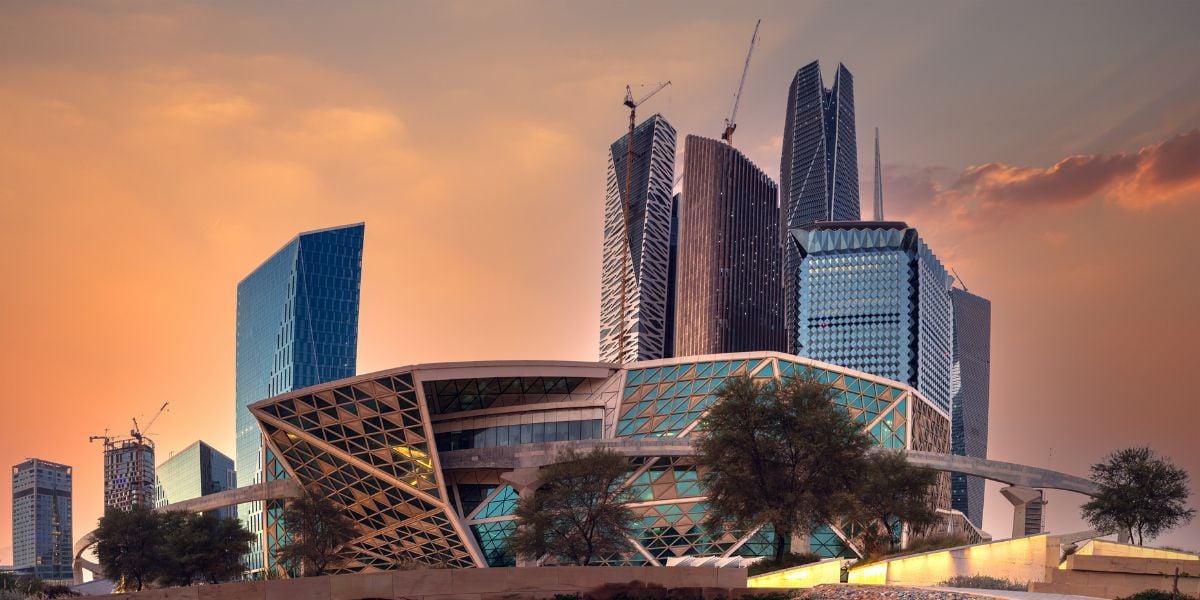Norway is a country full of vast, scenic landscapes that is famous for its lakes, mountains and ski resorts. Aurora Borealis, one of the seven natural wonders of the world, is also viewable in the right conditions in certain areas of Norway.
Roughly 581,000 British nationals visit Norway each year, which can be accessed from the United Kingdom by airplane or substantial journeys either by car or ferry.
Norway is generally quite a cold country compared to the climate of the United Kingdom, with summer temperatures often settling at an average of 17°C.
Getting to Norway
Travelling by plane from London to Oslo, based in the south of Norway, can take two hours and 15 minutes. Venturing further north from London to Tromso, Norway’s capital, may take between five and eight hours depending on your airline.
There are no direct ferries from the UK to Norway, so for those looking to avoid airplane travel, your ferry trip will likely take you through Denmark initially, with travel time estimated at a couple of days.
Driving
Driving to Norway will also result in enhanced journey times, although the extent will again be depending on where in Norway you are travelling to.
Driving from London to Oslo can take around 20 hours, whereas the London-Tromso trek will take almost double the time.
You should consult your diabetes team if you are uncertain about your diabetes mangement while travelling to Norway.
Time difference
The time difference in Norway is one hour ahead of British Summer Time and two hours ahead of Greenwich Mean Time.
This should not majorly affect your diabetes management, but you should discuss any concerns regarding your medication with your diabetes team.
Currency
The Norwegian Krone is the currency of Norway, although ATMs are frequently available with credit and debit cards also widely accepted across hotels, restaurants and shops.
Vaccinations
There are no mandatory vaccinations required to enter Norway, however, rabies is present in bats in Norway, so it is advised for those planning activities in remote areas that put them at risk for bat bites to receive a rabies vaccine.
European Health Insurance Card (EHIC)
Norway is amongst the European countries that allow you to receive state healthcare either at a reduced cost or sometimes for free. It will cover you for medical treatment until you return to the UK.
It is best to apply for an EHIC card directly through the NHS. Your card will usually arrive within seven days if you have applied through the NHS, but it is best to apply two weeks in advance to allow for any delays.
Access to medication
Medication is available in Norway, but payment is required from a pharmacy, for which the Norwegian translation is ‘Apotek’. However, possessing an EHIC card allows you to receive treatment at a lesser cost and this money can be recouped when you get back into the UK.
Most Norwegian pharmacies are open from Monday to Saturday between 09:00/10:00–17:00/18:00, but are closed on Sundays. Blood and urine testing kits are available from many pharmacies in Norway.
The emergency services number to be called in Norway is 113 Emergency services are called “Legevakt” in Norwegian.
Insulin
You should note which syringes are available in Norway, with U-100 syringes the most commonly used.
The vast majority of insulin in the UK is U-100 insulin. If you need to take a different strength of insulin , say in an emergency, it’s important that you use the correct device and syringes for that insulin.
For example, you would use a U-40 syringe for U-40 insulin. You will need to work with a doctor getting the right dose if you’re using a different form of insulin.
Diabetes associations
It is important to note the diabetes associations in the country you are travelling to in case of an emergency.
The one diabetic association of Norway is Norges Diabetesforbund, which has been a member of the International Diabetes Federation since 1952. The address is:
Norges Diabetesforbund,
Østenjøveien 29,
PO Box 6442,
Etterstad,
0605 Oslo,
Norway
Tel: +47-23051800
Email: [email protected]
Questions
- How is blood glucose measured in Norway? Blood glucose levels are measured in mmol/l, as they are in the UK
- What language is spoken in Norway? Norwegia, although most Norwegians have a very good understanding of English and speak it very well
- Will I need an international driving license when driving in Norway? No
- If I want to hire a vehicle during my visit, will I face any form of discrimination? No
- What sugar free drinks are available in Norway? Most sugar-free drinks are marked with ‘Light’ or ‘Lett’, such as Coca Cola Light, Fun Light, Lett-Yoghurt etc.





